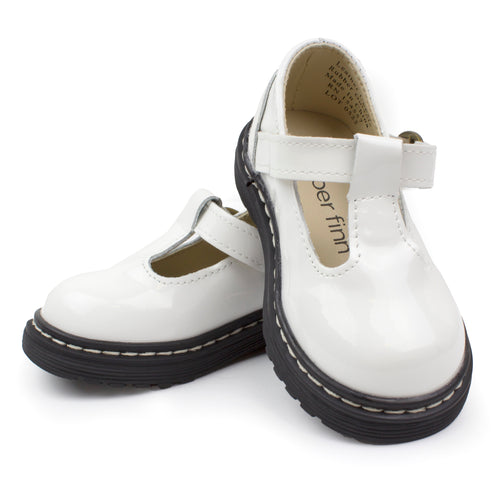Most parents feel frustrated and extremely worried when asked how many words their toddler is saying only to have to answer 'none.'
For many parents, this leaves them questioning what they are doing wrong. After all, you've followed all the parenting tips available, so how can it be your otherwise healthy toddler simply isn't chatting along like other kids their age?
Understandably, this can be a cause for anxiety, yet many happy, healthy toddlers who experience speech delay are simply late talkers who speak perfectly well later on.
So why does speech delay happen, and what can parents do to encourage their toddlers to start speaking?
What is a Speech Delay?
A speech delay is when a toddler hasn't met the speech milestones expected for their age. However, it's important to note that kids develop at their own pace and being a little late developing the 'art of conversation' doesn't necessarily indicate a major problem.
Typical Speech Milestones for Most 3-year old include:
- Vocabulary of approximately 1000 words
- Asks questions
- Calls themselves/others by their given name
- Uses plurals
- Constructs sentences of 3 to 4 words
- Tells stories, repeats rhymes and sings songs
Signs of a Speech Delay
While most toddlers of about 18 months are already using basic words like 'momma' or 'dadda', those with a speech delay probably aren't. As they get older, the signs become more apparent; these might be:
- 2 years old – uses less than 25 words
- 2 ½ years – doesn't speak using two-word sentences/phrases
- 3 years old – vocabulary of fewer than 300 words, hard to understand, doesn't ask for things by name
- 3 + years – doesn't say previously learned words
Common Causes of Speech Delay in Toddlers
There are many reasons for speech delays; we've listed three of the most common.
- Hearing or Health Issues
Often hearing impairments are only picked up on when a child misses their speech milestones. Things like genetics, ear infections and excessive fluid buildup can distort or muffle their hearing ability and cause temporary hearing loss.
According to research, this can have a negative impact on speech development. However, once resolved or managed, most children progress with speaking.
- Not Interested in Talking
Why talk when a head shake or pointed finger will do the job just as well? If toddlers have no need to verbalize their needs or wants and can communicate just as well using signs or gestures, then talking will seem a little overrated!
It's also quite common for younger siblings to talk later if older kids fill the language gap by anticipating what they will say and saying it for them – it's comfy in this zone, so toddlers may not feel the need to talk at all.
One of the best tips for parents of toddlers who aren't talking is to encourage older siblings not to interject or answer for them. Instead, encourage your little one to speak up for themselves when asked a question or when joining a conversation.
- Speech/ Language Disorders
If your parent radar suggests that your child's speech delay is something more, it's time to get a professional opinion. Unfortunately, speech delays can also signify a speech or language disorder or disability. It's important to get your paediatrician or doctor's advice if your child's speech seems delayed so they can assist with any assessments or evaluations if required.
Parenting Tips for Encouraging Late-Talkers
There are a number of beneficial activities and changes parents can employ at home to encourage late-talkers to start saying words.
- Read to your child
Books are a great way to encourage communication. Chat about the pictures, and name the objects they point to.
- Describe what you are doing
Whether you are eating an apple or doing the washing up, describe your actions and what you are feeling, tasting, smelling, etc. Most importantly, talk, talk, talk.
- Arrange 'talking' playdates!
Encourage play sessions with kids who speak more; kids learn better when playing!
- Avoid closed-ended questions
These questions require simple 'yes' or 'no' answers. Instead, offer choices using open-ended questions.
For example, would you like an apple or a pear? The response to this type of question can't be yes or no, which gives you the opportunity to encourage your child to name the object.
Please note this takes time and patience; it's best not to force your child to say the words. Instead, employ positive parenting strategies that include lots of praise and encouragement when your child tries to verbalize their needs.
Final Word
Of all the parenting tips we can give you, this has to be the most important. Most kids develop at their own pace, and in time speech delays may resolve. However, if you are concerned, speak to your paediatrician or doctor, who can advise if an assessment is required or if playing the 'wait and see' game is more prudent.
Image by Alexey Marcov from Pixabay

















